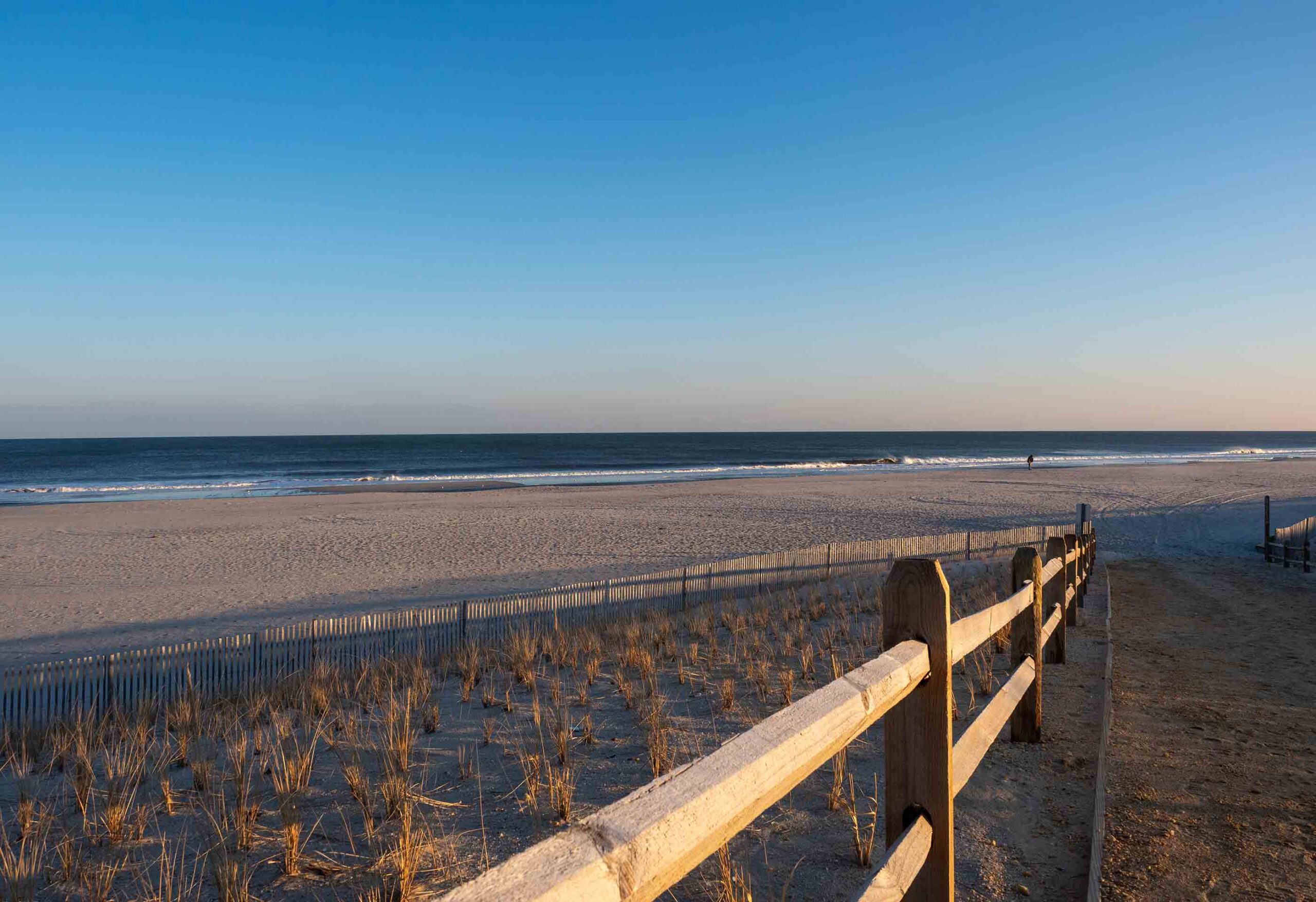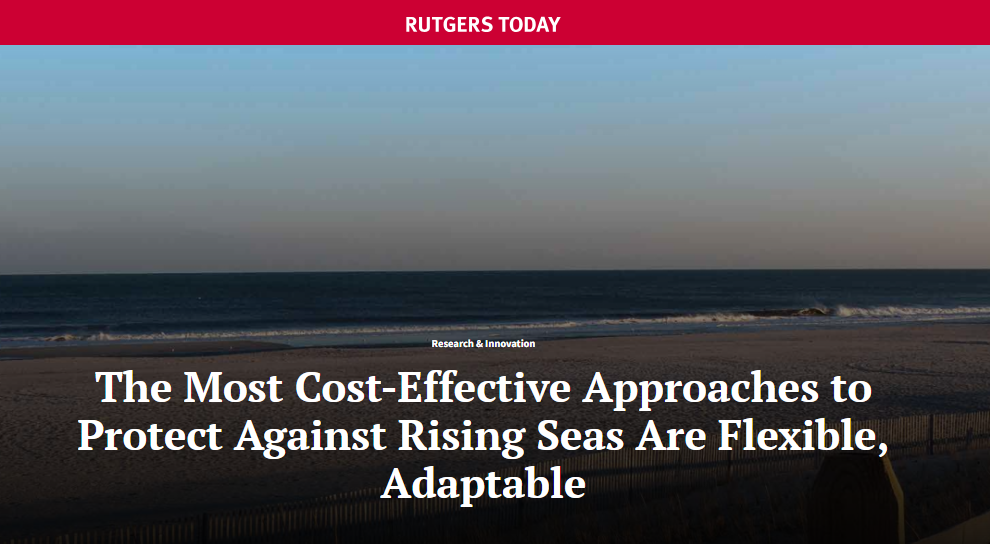
In a recent Rutgers Today article, MACH researchers Dr. Robert Kopp, Dr. Ning Lin, and Dr. Michael Oppenheimer were quoted discussing their research on the benefits of considering flexible solutions to adapting to sea-level increases over time.
“Employing an analysis powered by an artificial intelligence (AI) technique known as reinforcement learning, researchers modeled the process of making decisions on preserving coastal infrastructure over time – steps that ultimately will be undertaken by humans, not computers. Conclusions from their study published in the Proceedings of the National Academy of Sciences bear directly on future efforts by planners and engineers working in places such as New York City and coastal New Jersey to combat flooding, they said.”
Read the Rutgers Today article here: https://www.rutgers.edu/news/most-cost-effective-approaches-protect-against-rising-seas-are-flexible-adaptable-ones
Read the study here: https://www.pnas.org/doi/10.1073/pnas.2402826122


